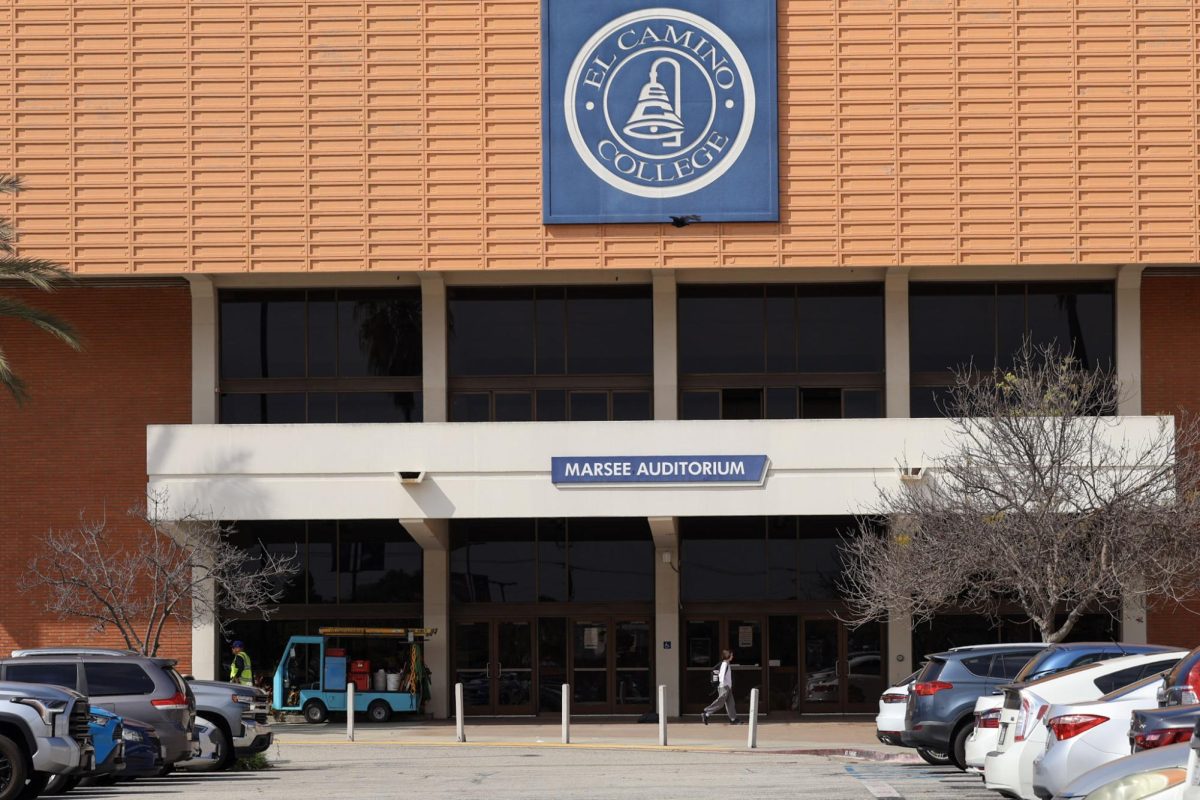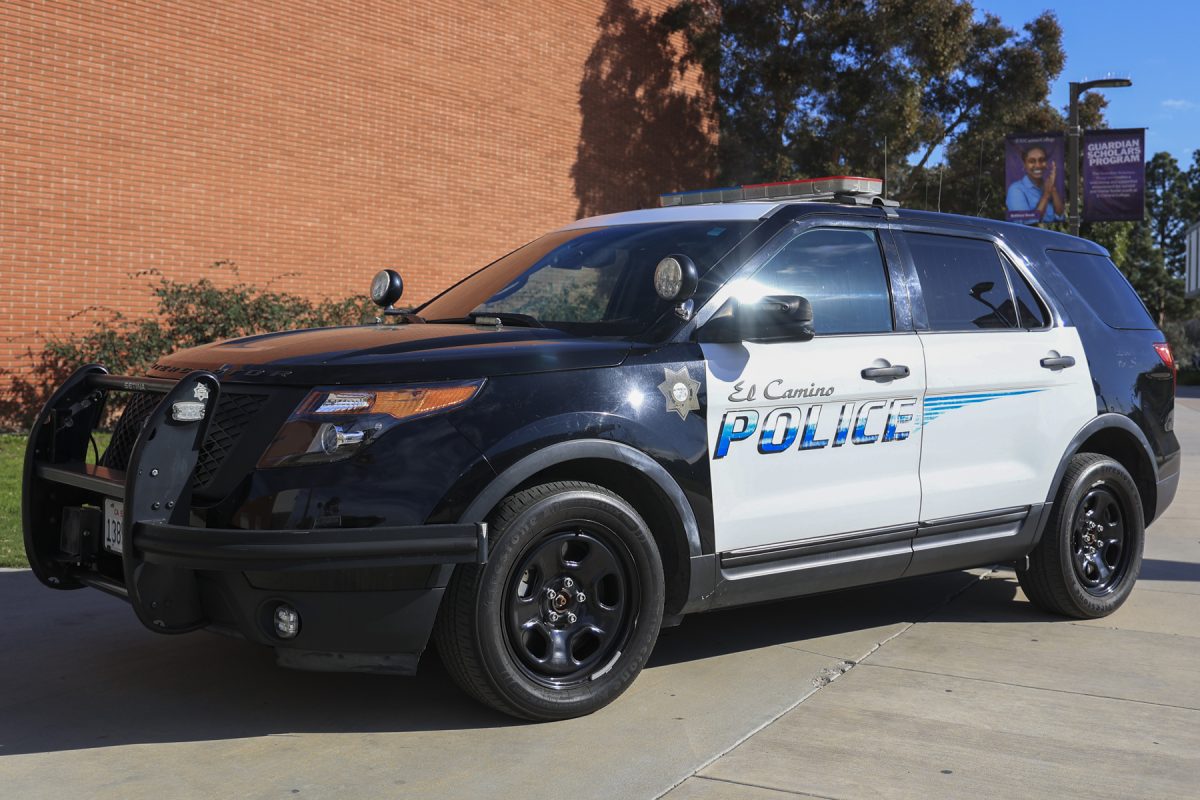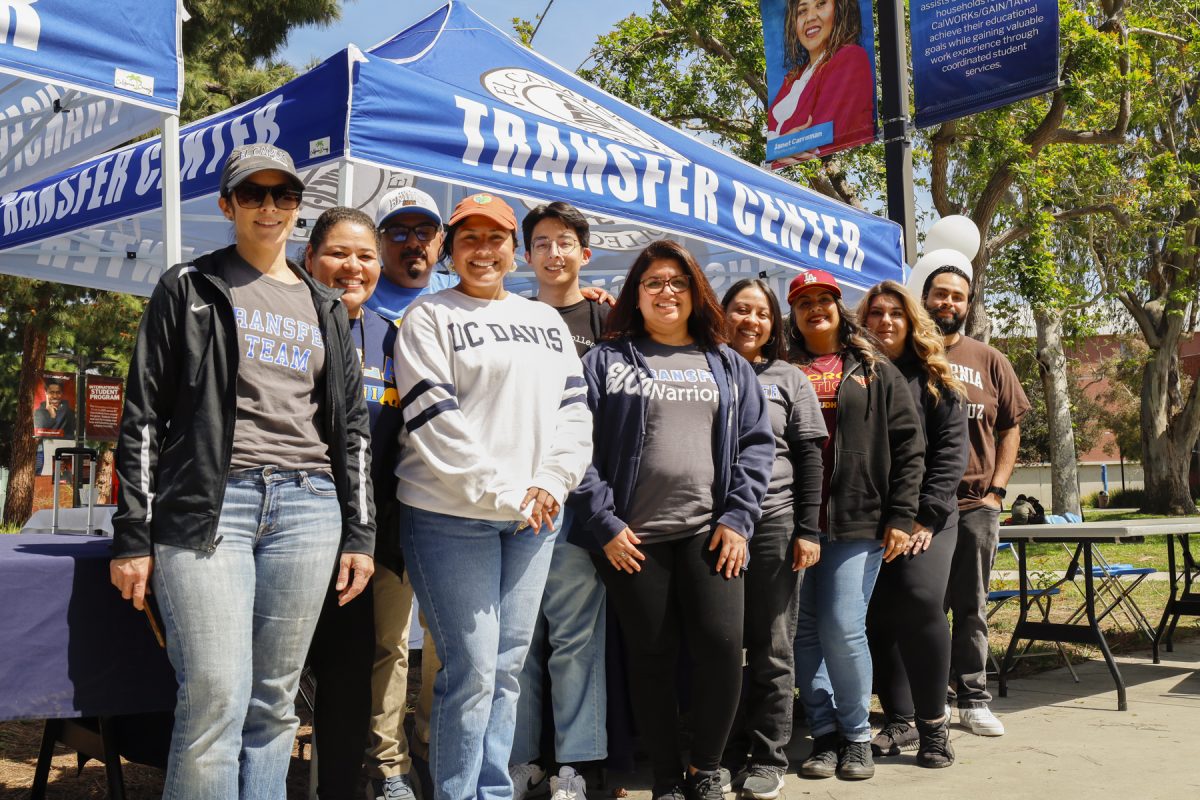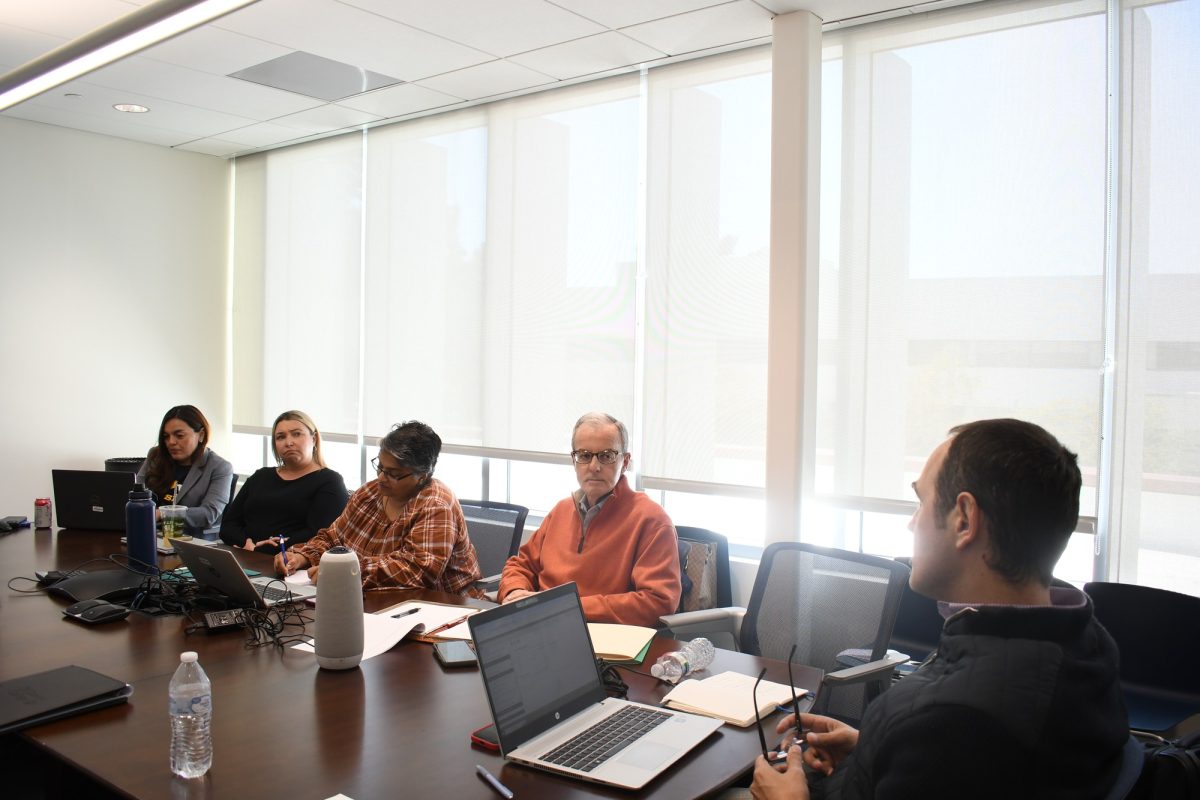The fall semester at El Camino College looks very different this year compared to previous ones.
With social distancing restrictions, students struggle to continue their education while navigating personal responsibilities and adapting to an off-campus learning experience. Some have even opted to skip the semester altogether.
“Our enrollment this fall is about 14% below our goal, and about 10% below where we were this time last year,” President of El Camino College Dena Maloney said in a Town Hall meeting on Aug. 27.
El Camino’s enrollment drop is well within the range of other community colleges, according to Maloney. She mentioned that some districts are experiencing even higher drops, up to 25%.
Eliza Arellano a business accounting major, was among those who found remote instruction difficult and later chose not to enroll in classes for the fall 2020 semester.
“Online is really, really difficult for me,” Arellano said. “I can’t focus. I get distracted really easily.”
Arellano also cited issues with communication, a lack of access to campus resources and piling personal responsibilities as other reasons that she chose not to take classes for this fall, despite being nine units away from transferring.
“I was taking a law class, and to communicate with him [the professor] was pretty hard,” Arellano said.
During the abrupt transition to online instruction, she also recalls a classmate in her law class struggling to keep up with assignments, due to limited technology access.
“He was using his phone to access the class, but sometimes when we had to do a test the professor wouldn’t help him with resources [like] a laptop,” Arellano said.
Arellano also has personal responsibilities at home where she helps her parents by taking care of two younger siblings and works part-time at an after school program.
“It sucks,” Arellano said. “I was hoping to finish school this Fall.”
Despite having to put her college transfer plan on hold, Arellano said she hasn’t been able to reach any counselors.
“I know sometimes it’s hard to get a hold of them,” Arellano said.
Arellano hopes ECC will resume in-person classes soon, even if they can only provide hybrid instruction.
“I like socializing,” Arellano said. “I like talking to people.”
Liberal studies major Ariana Albarran expressed similar concerns about continuing classes online.
“It’s a lot lonelier doing it [classes] online,” Albarran said.
Albarran finds the lack of social opportunities difficult to cope with and online acclamation challenging.
“Changing my entire way of learning has definitely been stressful,” Albarran said.
As enrollment rates drop other numbers continue to rise in the background, which reflects Arellano’s and Albarran’s struggles.
A recent study found that students’ mental health has been greatly compromised during the COVID-19 Pandemic.
A report by the Student Experience in the Research University (SERU) Consortium, published Aug. 18, found that both major depressive disorder and generalized anxiety disorder are on the rise among college-level students.
The SERU survey was conducted from May through July of this year at nine different research universities. It found that major depressive disorder and generalized anxiety disorder were more prevalent among undergraduate and graduate students who found it difficult to adapt to online instruction.
According to the SERU report, positive screening rates for major depressive disorder and generalized anxiety disorder were higher among students of color, women, low-income students, students who act as caregivers for other adults and LGBTQ+ students.
According to the 2018-2019 El Camino College Annual Factbook, 87% of the student population at ECC has comprised of students of color and 53% of students are female.
The SERU report recommends that colleges should invest in student mental health services by expanding their counseling staff and providing more appointment times. Faculty are also encouraged to be compassionate with struggling students, as mental health might be a reason behind students’ struggles.



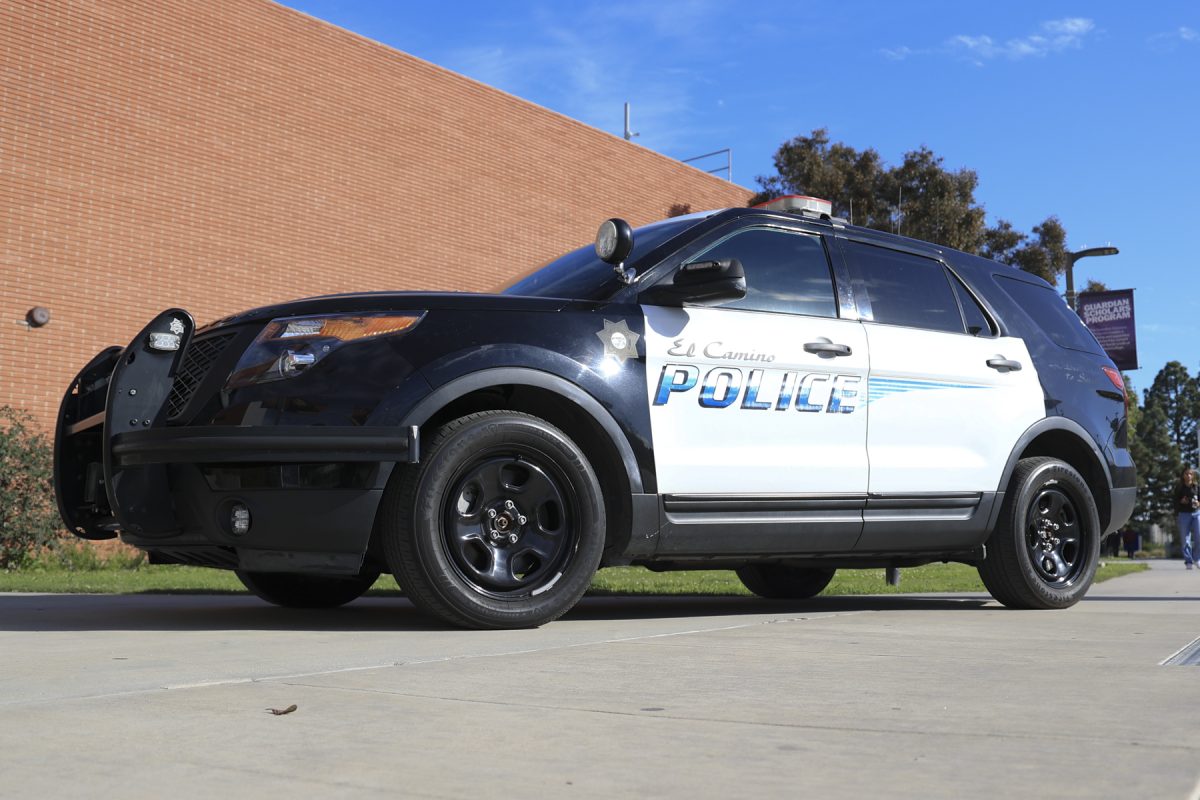
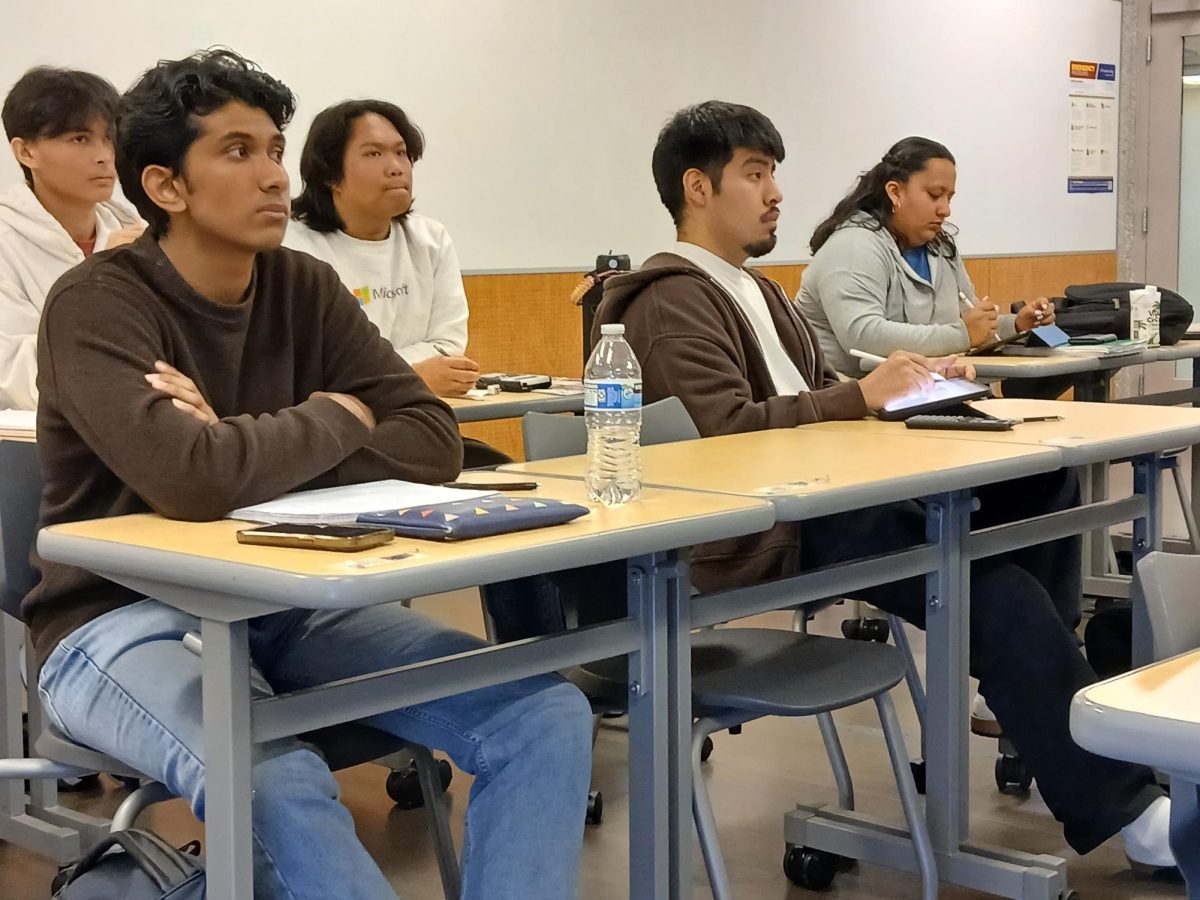
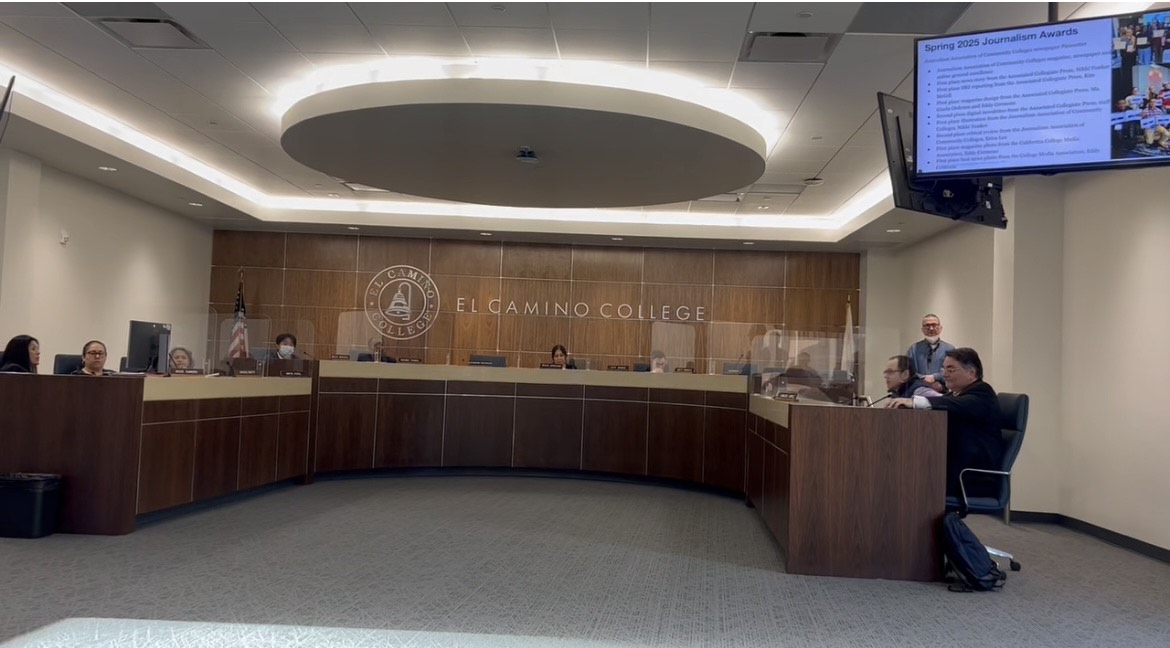
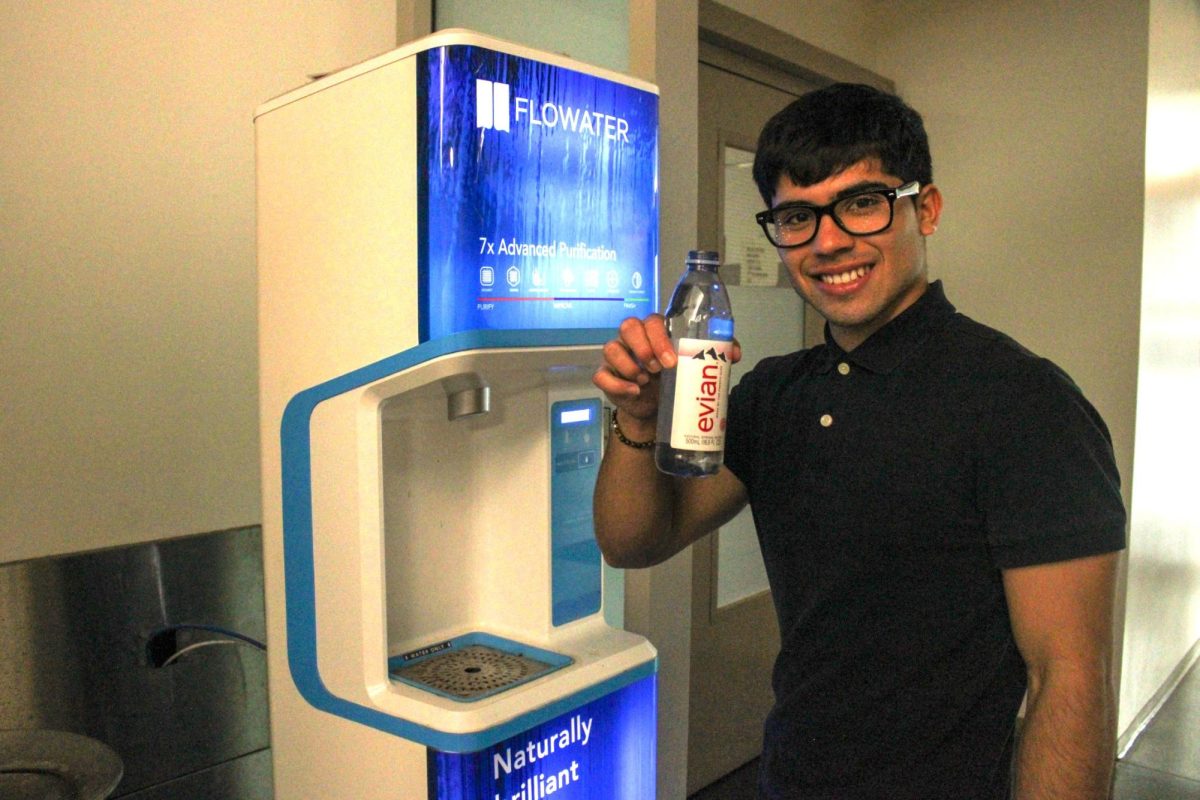
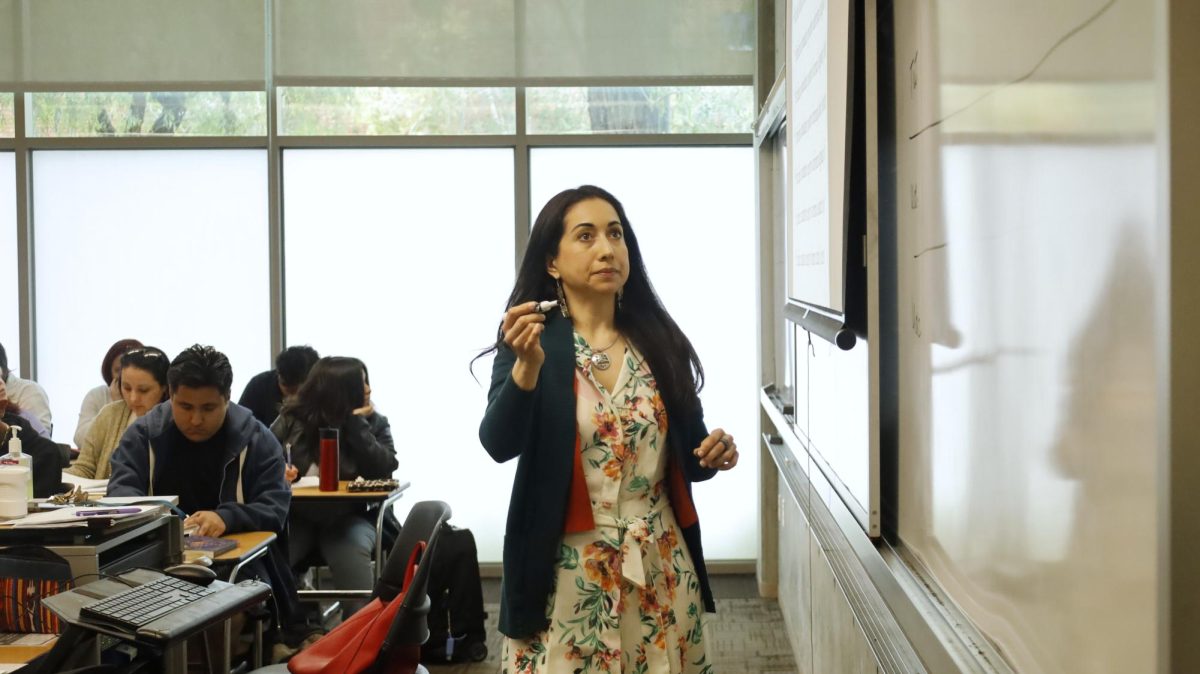
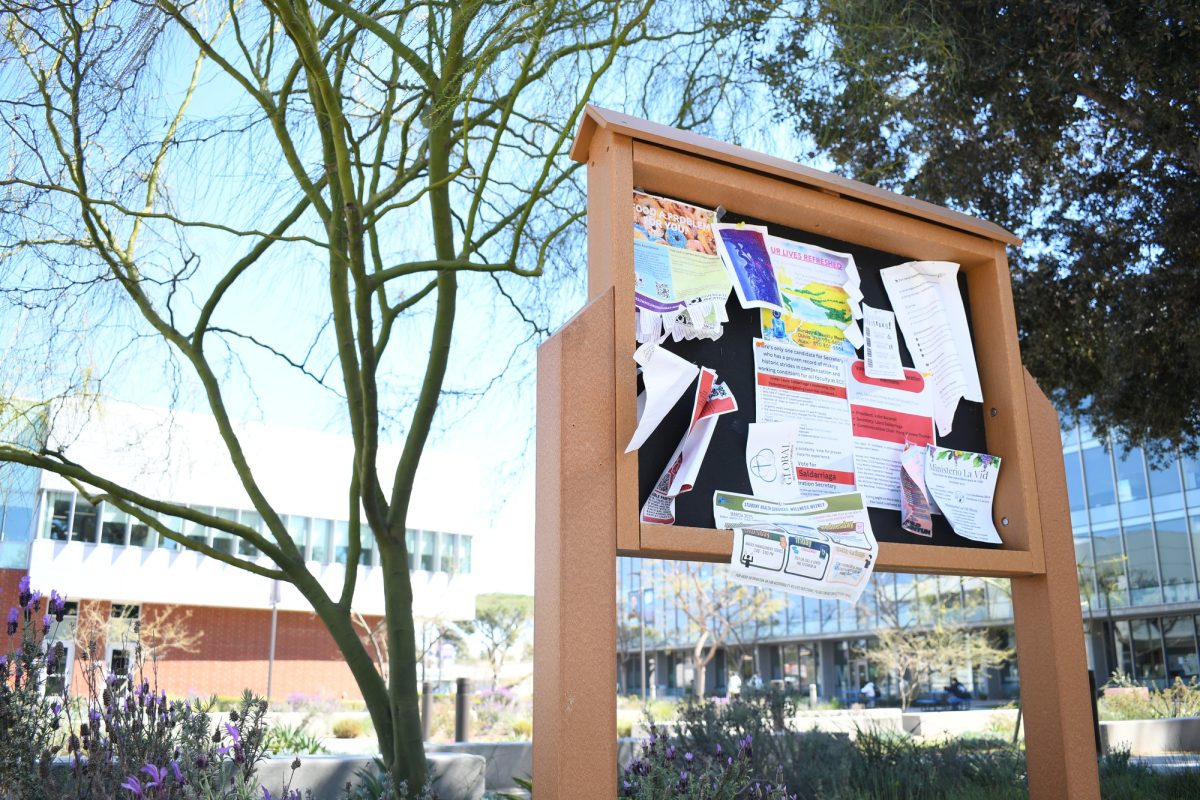
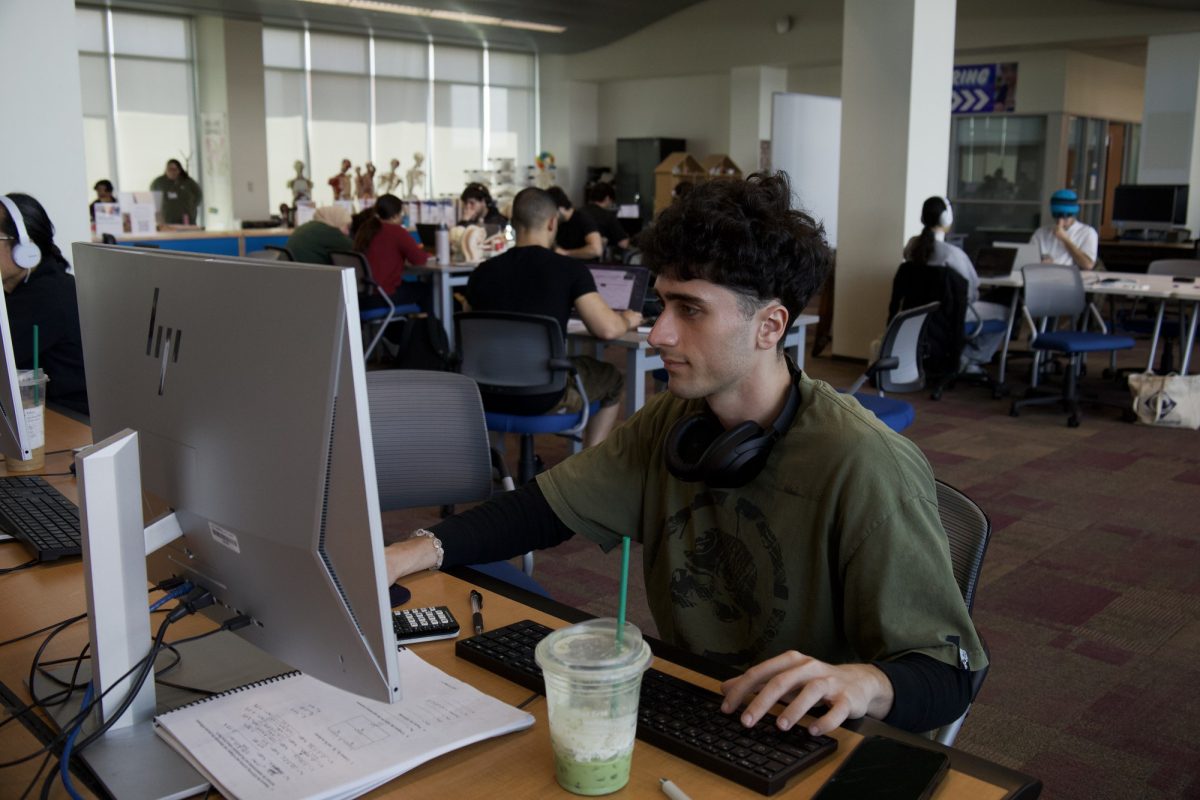
![Physics and astronomy professor Susan Stolovy presents astronomical news and updates to attendees at the first planetarium show of the semester at El Camino College on Friday, March 28. Prior to becoming a professor at ECC, Stolovy completed her doctorate in physics and worked as an astrophysicist for NASA and the California Institute of Technology on spacecraft missions. "[I'm] still very tuned into what's going on in the world of research as well, and I hope to bring a little bit of my experience into the classroom," Stolovy said. (Nikki Yunker | The Union)](https://eccunion.com/wp-content/uploads/2025/03/planetarium-Made-with-Clipchamp-3-frame-at-0m28s-1200x675.jpg)
